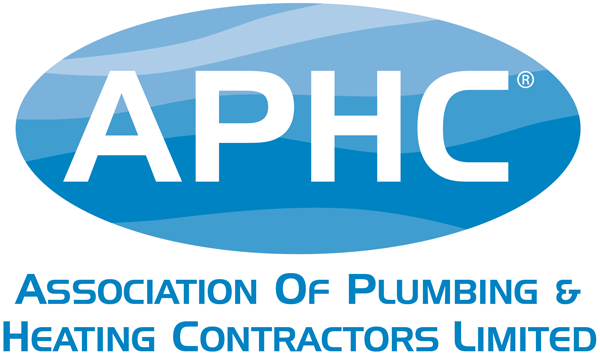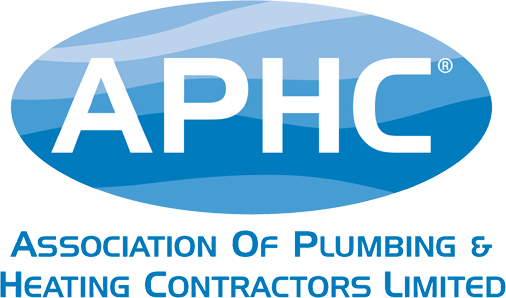John Thompson, CEO of the Association of Plumbing & Heating Contractors (APHC) explains how to prepare and avoid falling foul of the new law.
From 6 April 2019, the statutory right to receive an itemised payslip will be extended to all workers. Previous to this date, only staff classed as employees needed to receive written itemised payslips, meaning that employers didn’t need to provide itemised payslips for staff classed as ‘workers’.
Workers are different from employees. An employee is someone who works for a company under a contract of employment. Employers can instruct employed plumbers in terms of telling them what work to do, how they should do it and when. If employees need time off, they will have to ask the employer and any misconduct has to be dealt with via company policy. Essentially, employees are an integrated part of a workforce who generally drive a company van, wear company overalls and use company tools to do the job under employer control. It’s key to remember that they have full employment rights.
Like employees, workers have a contract for work, by unlike employees, there is usually no ‘mutuality of obligation’ between a worker and employer. This means employers don’t have to offer workers work, and workers may turn down any work offered. Workers also have fewer rights than employees. For example, workers don’t have the right to protection against unfair dismissal or statutory notice periods. Common types of workers are zero hours’ and casual workers who do plumbing work as and when a company needs them.
From 6 April 2019 the difference between a worker and an employee will no longer matter when it comes to payslips, as everyone will fall under the same rules. This means that employers will need to look into their workers’ payslips carefully as they will need to ensure that they break down workers’ payslips according to pay and deductions. Payslips will have to include:
• Gross salary before deductions
• The amounts deducted from pay and for what reason.
• The net amount due after deductions.
• The amount and method of any part-payment (i.e. if work is paid in part by cash and BACS transfer).
• The hours where pay varies (i.e. where different amounts are paid for over-time or working certain hours).
Employers need to ensure they are prepared for these changes as a worker who doesn’t receive an itemised payslip will be able to take an employer to an employment tribunal. Plus, itemised payslips will make it much easier for HM Revenue & Customs to find and prosecute employers who pay below the national minimum wage and employers who charge for uniforms and equipment need to ensure their practices are compliant as such charges can tip pay below the minimum wage. In 2018, 173 employers, including TGI Friday and Wagamama, made this mistake and were forced to give £1.3 million to under-paid staff.
APHC provides members with professional support to help them run successful plumbing and heating businesses. APHC members can contact the APHC Business Advice Helpline for further guidance and support on itemised payslips for workers.
The Department for Business, Energy & Industrial Strategy (BEIS) has published guidance on the legislation which can be sourced here.



